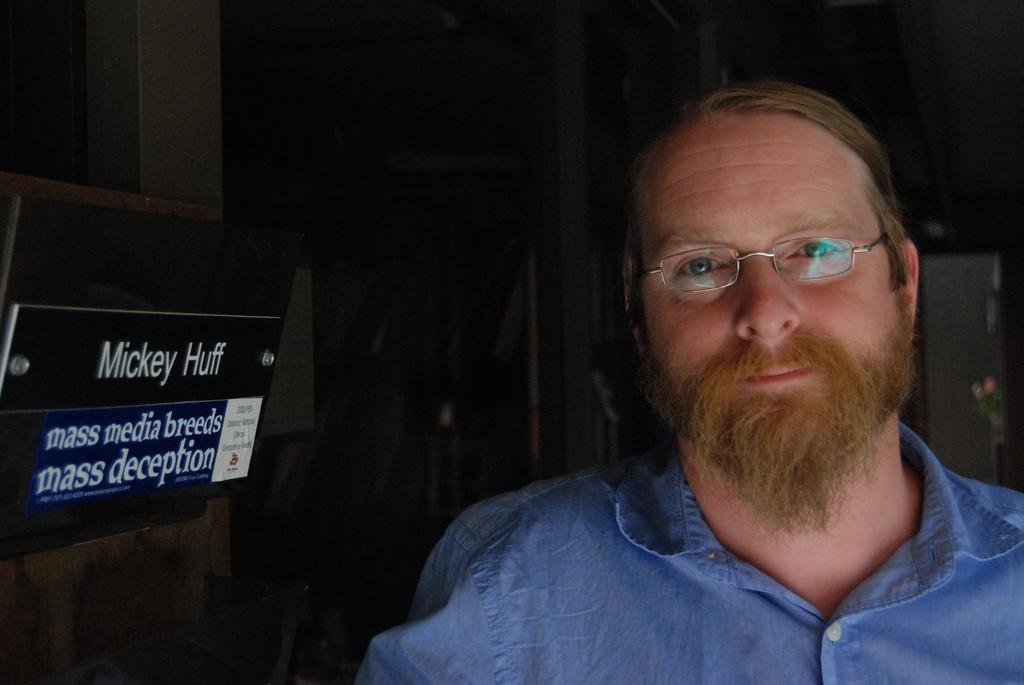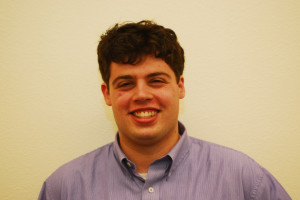The United States’ oldest media research group has a new director. And it’s someone on this very campus.
Political science professor Mickey Huff, who has been a full-time history teacher for two years and who’s worked at DVC in some capacity for nearly a decade, was named the director of Project Censored by the parent nonprofit group Media Freedom Foundation in March.
The media watchdog group, which was founded in 1976 and based out of Sonoma State University, researches the most underreported news stories in the U.S. mainstream media and publishes them in its annual collection “Top 25 Censored Stories.”
“We collect and look at underreported or under-covered stories that ought to be covered in the mainstream corporate media, but usually are not for a number of reasons,” Huff said. “Some of them are economic; some of them are political or ideological. Some of them are basic time constraints.”
Project Censored has affiliates at over 30 universities across the country and in a number of foreign countries, Huff said.
There’s also an official Project Censored club on campus with eight members that Huff advises. The club helps the organization with research and students learn media literacy.
The club was formed this semester by Huff and student Brian Donovan, who said the club was academic in nature.
“This is more specific [for] writers and journalists actually reporting on the news in an accurate way,” Donovan said. “Project Censored advocates the right for free press and free speech.”
Huff is also one of four advisers for the Students for a Democratic Society club.
As director of Project Censored Huff collects materials and information and edits for the “Top 25 Censored Stories” and assigns people to write chapters for the book. He also writes a number of pieces himself.
Huff said Project Censored gets people to question what they see in the news and helps them to become more active in political debate.
John Kropf, a DVC political science professor, said Project Censored is a good tool that sheds light on stories that are too hot for the mainstream press.
“We have unofficial censorship from all different corners,” he said.
Kropf said Huff is a perfect fit as director of Project Censored because he’s devoted to uncovering the truth.
“You really have to be someone who is willing to go wherever the [story] takes you, and often times it takes you to some dirty, uncomfortable places,” he said.
Huff replaces Peter Phillips, who had been director of Project Censored since 1996. Phillips is still president of the Media Freedom Foundation.
There were 334 stories that were nominated and factually verified by the Media Freedom Foundation for the latest edition of the book which was released in September, Huff said.
Although only 25 stories are picked by judges on a committee, it doesn’t mean the stories that aren’t picked are any less relevant, he said.
Huff said being the director of Project Censored doesn’t take time away from his job as a professor at DVC. In fact, he sees it as another component of it.
Huff runs a number of events and speaking engagements on campus.
“Being a professor is a privilege in our society,” Huff said “You’re geared toward building community and building a more educated society to practice more democratic values and virtues with more efficacy.”
Contact Jonathan Roisman at [email protected]






































































